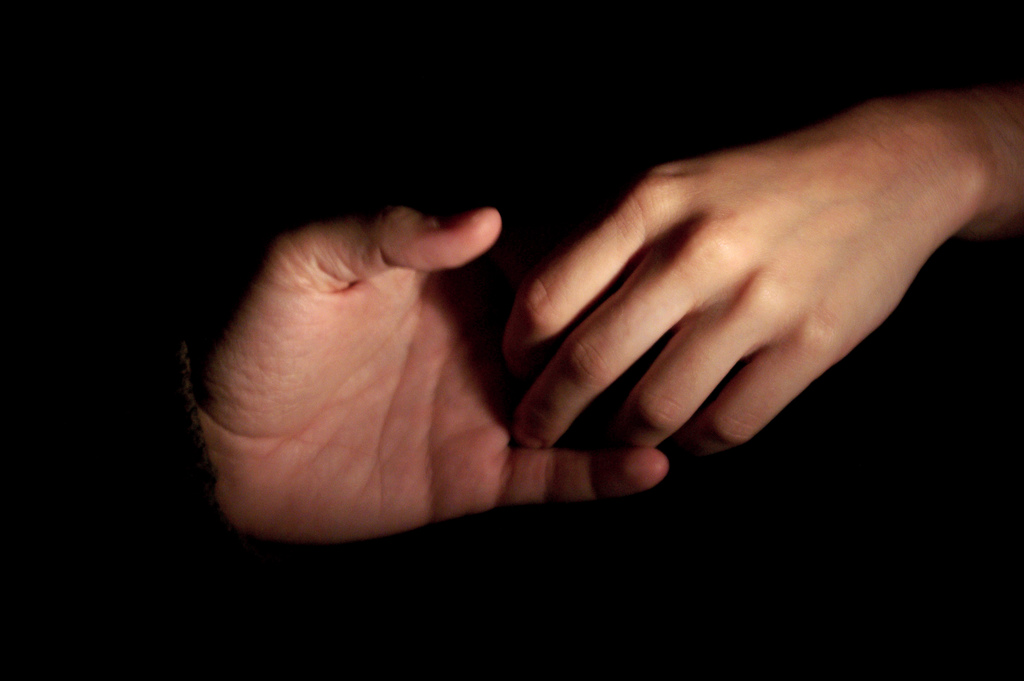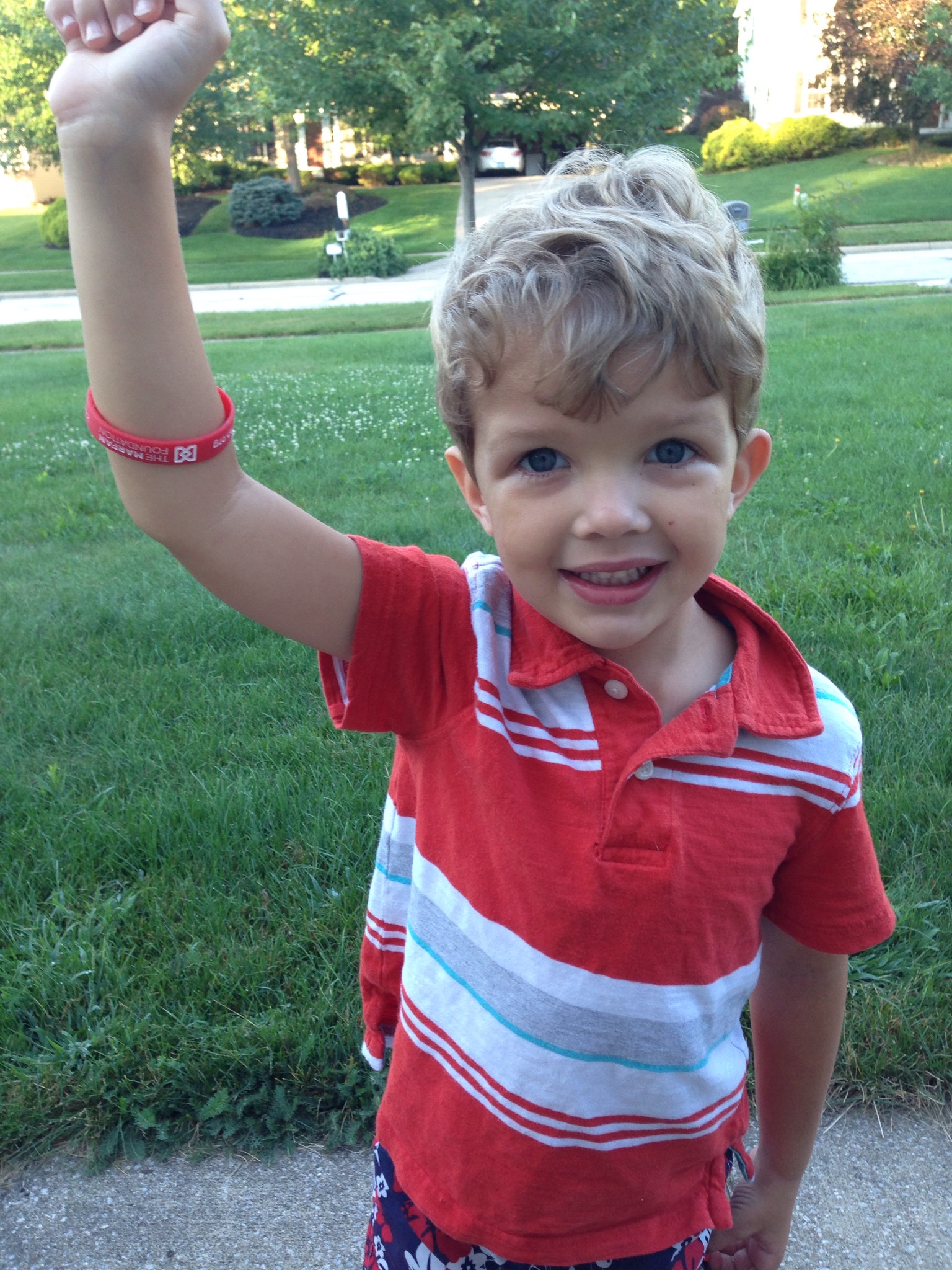In continuing my series on conversations we have about Marfan syndrome with our kids, today’s topic is on approaching strangers who look like they might have Marfan.
The topic comes from reader Jamie, who writes:
Once you know about Marfan, you can’t help noticing people you meet in public with great height, long fingers, obviously corrected eyesight, thin limbs, etc. The condition is not *that* rare and if you live in a populated area, the odds are good that you’ll encounter someone else with Marfan — and, you might be the only person in their lives who has learned to recognize it.
Of course, a lot of people have these traits without having Marfan. Even so, warning people seems like an ethical no-brainer since their health might be in danger without them knowing it, and the costs of ruling that possibility out seem small in comparison. On the other hand, it really *feels* wrong; health is personal, and you could be stepping into a stranger’s life in a very intimate way to add a serious health concern and possibly life-changing news to whatever else they have to worry about.
I’d be curious about others’ reactions to this situation.
I’ve only asked a stranger once. I was at a party that one of my brother’s friends was hosting. I had never met the guy before, but he was so tall I couldn’t pass up the chance to ask. I followed him into the room to get more snacks, struck up a short conversation, then said something to the effect of “hey, so this is a little weird to ask, but have you heard of Marfan syndrome? I ask because I have it, and you’re tall like me so I wondered if you might have it too,” or something like that….this was when I was pregnant with the Menininho, so it’s been a few years. He ended up not having Marfan, but he wasn’t offended that I’d brought it up, and I was glad that I’d played it safe and asked.
If you have Marfan, have you approached other people you think you might have it too? What about if you’re a sibling/parent/partner? If you are a parent, have you talked to your child about approaching strangers who fit the Marfan or a related disorder phenotype?


